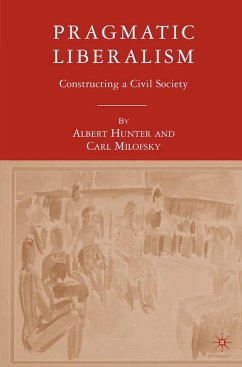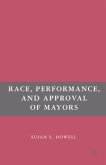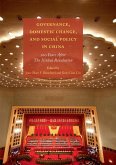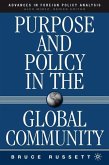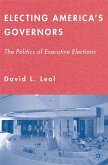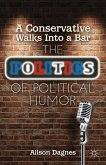This book analyzes the problems of U.S. politics and public policy and proposes a solution rooted in a deep American consensus that often goes unrecognized. The authors critique three dominant ideological perspectives - conservative, radical, and liberal - and propose a fourth eclectic 'outcomes' perspective rooted in American pragmatism.
'In Pragmatic Liberalism, Albert Hunter and Carl Milofsky bring hope in a dark time. This lively and scholarly book expands our vision of what a civil society can and should accomplish. The authors' pragmatic ideas of citizenship will help move social thought beyond tiresome ideological arguments and will renew readers' desire to break policy stalemates by shouldering the responsibilities of leadership. With well-chosen examples, Hunter and Milofsky demonstrate how we can bring about positive social change in organizations, communities, and nations.'
- William Kornblum, Chair, Center for Urban Research and Professor of Sociology, Graduate Center, C.U.N.Y."Courageous and innovative, yet sensitivity balanced, Hunter and Milofsky cut through the isms and excuses to formulate clear, reasoned solutions to fundamental policy issues. Social scientists, mayors, foundation officials, journalists, and talk show hosts should read and discuss this fresh new perspective." - TerryNichols Clark, University of Chicago
- William Kornblum, Chair, Center for Urban Research and Professor of Sociology, Graduate Center, C.U.N.Y."Courageous and innovative, yet sensitivity balanced, Hunter and Milofsky cut through the isms and excuses to formulate clear, reasoned solutions to fundamental policy issues. Social scientists, mayors, foundation officials, journalists, and talk show hosts should read and discuss this fresh new perspective." - TerryNichols Clark, University of Chicago

